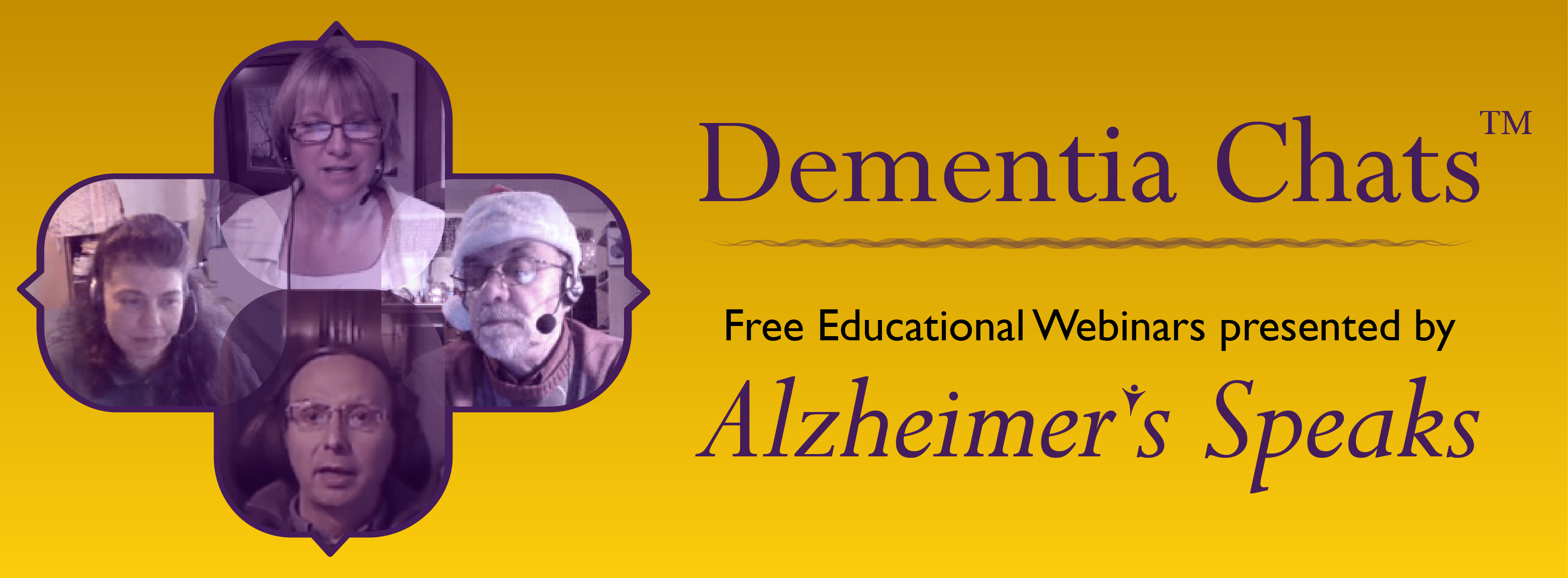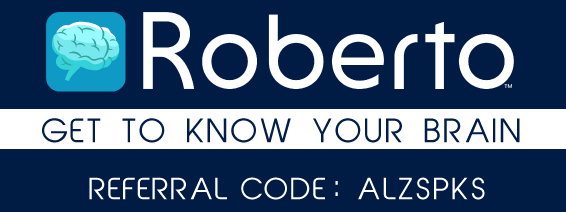Learning a Language Can Be Good for Your Mental Health
Learning a Language Can Be Good for Your Mental Health
By Christina Comben
Learning a language can have many positive effects on our health and happiness. It’s like taking our brains to the gym! We learn new words and meanings, and the old gray matter benefits from our efforts.
Yep, conjugating verbs and perfecting pronunciation helps to improve our cognitive abilities, stimulate creativity and keep us younger!
When we speak two, three, or more languages, our brains stay active for longer, among other benefits.
Here’s what science has to say:
Scientific Study: Bilingualism Helps You Slow down Dementia
Bilingualism helps slow down dementia, according to one of the biggest studies on the effects of language learning by Edinburgh University and Nizam’s Institute of Medical Sciences in Hyderabad, India.
The study confirms the theory that language learning is a form of mental training. In fact, the most efficient form of training, by now. When you learn a language, you teach your brain to recognize new meanings, sounds and symbols. Your mind learns to think using two different set of rules – defined by grammar and syntax.
You manage to go from one language to another and to think in two different ways. This exercise keeps your brain in good shape and can slow down degenerative processes. This means that bilinguals develop dementia and Alzheimer’s later in life (about 4.5 years later).
The discovery puts learning a language on top of the most effective therapies for preventing brain degeneration – better than medicine, according to Dr. Thomas Bak, of the Center of Cognitive Aging and Cognitive Epidemiology at the University of Edinburgh.
This news certainly gives new perspectives to linguists and language specialists. Carina Cesano, Managing Director of Clear Words Translations, is fluent in three languages and learning a fourth. She says, “I have always been fascinated by languages, but I didn’t know until recently that they also had surprising benefits for your mental health.”
Language Learning Improves Memory
Another study by the Swedish Armed Forces Interpreter Academy revealed that learning a language can make brains grow! Students who went through an intense language learning program were tested before and after the course. Their brains developed during the 13-month period – the hippocampus and three areas in the cerebral cortex were larger than at the beginning of the study.
The hippocampus is responsible, among other things, for converting short-term memories into long-term memories. And, the cerebral cortex plays an essential role in perception, language, consciousness, attention and memory.
So, by learning a new language, you can improve your long-term memory and work with information better (the so-called working memory). That’s to say, you become more productive, as you analyze situations faster and come up with creative solutions to daily problems.
Learning and memory are linked at deep levels. When learning a language, your brain gets stronger. Its connections become more flexible and the gray matter denser. In the long run, your brain will work more efficiently. Which means you not only improve your memory, but you actually become more intelligent!
This is good news for language lovers! “I can’t look into the future, but what I have already noticed is that my memory has improved since I have been learning other languages,” Cesano enthuses. “I will keep on with my learning as long as possible!”
Learning a Language Helps You to Stay Concentrated on Your Tasks
As you learn to switch from one language to another, you become better at switching between daily tasks, as well. This ability allows you to work on several projects at a time and pass from one activity to another with less effort.
In time, you learn to differentiate the relevant information from fluff and prioritize. This way, you manage to maintain your concentration on things that matter and to ignore distractions. You develop patience, as well, meaning you’ll be able to follow long-term goals without letting yourself get influenced by possible immediate results.
You also learn to listen to people around you. You get better at accepting different points of view. You can also look at challenges from different angles, determining better decisions – in financial, professional, and personal matters.
You Can Start Learning a Language at Any Age
Bilinguals develop a wide series of abilities, no matter when they start learning a second language. A few decades ago, scientist believed that language learning could change brain development only on children.
More recent studies have shown that age is less relevant. People who started studying languages after their 18th birthday registered improved results in intelligence tests, as well. According to Dr. Thomas Bak, bilingualism can help aging brains, even when acquired in adulthood.
In simple words, it’s never too late to learn a new language. It makes you stronger, happier and can even increase self-esteem and self-confidence. You have fun and improve your mental health while discovering new people and new cultures at the same time.
Christina Comben is a freelance copywriter and columnist, who is also a language lover and world traveler. Fluent in Spanish and French, Christina works with companies in the language services industry, as well as other small businesses, to improve their digital presence.
Looking for a Speaker?
See what LeadingAge has to say
about Lori La Bey
“Feedback from the conference planning committee and our leadership team was extremely positive. Many attendees commented that she was one of the best speakers they had heard.”
Pat Sylvia, Director of Education & Member Development LeadingAge Washington












